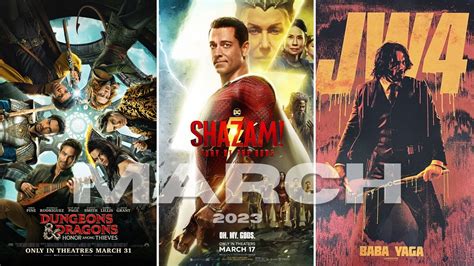The art of storytelling through cinema has been a cornerstone of human entertainment for over a century. From the silent films of the early 20th century to the blockbuster franchises of today, movies have captivated audiences with their unique blend of visuals, sound, and narrative. But what is it about movies that makes them so enduringly popular? Is it the escape they offer from the mundane routines of everyday life, or the way they allow us to experience different worlds and perspectives through the lens of a camera?
One of the key factors that contribute to the allure of movies is their ability to evoke emotions. A well-crafted film can make us laugh, cry, or feel a sense of thrill and excitement, often in a way that is more intense and immersive than other forms of storytelling. This is because movies have the power to engage multiple senses simultaneously, combining visual and auditory elements to create a rich and dynamic experience. Whether it’s the sweeping cinematography of a epic historical drama or the pulse-pounding action sequences of a sci-fi thriller, movies have a unique ability to transport us to new and unfamiliar worlds.
But movies are not just a form of entertainment; they also have the power to educate and inform. Documentaries, for example, can provide a unique window into the world, offering insights into historical events, social issues, and cultural practices that might otherwise be inaccessible to us. By combining interviews, archival footage, and compelling narrative, documentaries can shed new light on complex topics and challenge our assumptions about the world. Similarly, feature films can tackle tough subjects like racism, inequality, and social justice, using the power of storytelling to raise awareness and spark important conversations.
The impact of movies on popular culture cannot be overstated. From the iconic characters and quotes that become ingrained in our collective consciousness to the influence they exert on fashion, music, and other art forms, movies have a profound effect on the way we think, feel, and express ourselves. They can also serve as a time capsule, capturing the spirit and aesthetics of a particular era and preserving it for future generations. Whether it’s the nostalgia-tinged nostalgia of a classic Disney film or the dystopian futurism of a sci-fi epic, movies have a unique ability to reflect and shape our cultural values.
In terms of their technical aspects, movies have undergone a revolution in recent years, with advances in digital technology and special effects allowing for unprecedented levels of realism and complexity. The rise of CGI (computer-generated imagery) has enabled filmmakers to create entire worlds and characters from scratch, while advancements in sound design and mixing have allowed for a more immersive and engaging audio experience. But despite these technological advancements, the fundamental art of storytelling remains at the heart of what makes a movie great. A good film is one that can balance action, drama, and emotion in a way that feels authentic and compelling, drawing the viewer into the world of the story and refusing to let them go.
The process of making a movie is a complex and collaborative one, involving the talents of writers, directors, actors, and countless other professionals. From the initial script development to the final edit, the creation of a film requires a tremendous amount of time, effort, and resources. But for those who are passionate about storytelling and the art of cinema, the rewards can be immense. Whether it’s the thrill of seeing a project come to life on the big screen or the satisfaction of knowing that your work has touched the hearts and minds of audiences around the world, making movies is a unique and fulfilling experience that can bring people together like few other things can.
According to a recent study, the global box office revenue has consistently increased over the past decade, with the average person watching around 1.5 movies per month. This trend is expected to continue, driven by the growing demand for streaming services and the rise of independent filmmaking.
When it comes to the business side of the film industry, the numbers are equally impressive. The global box office revenue has consistently increased over the past decade, with the average person watching around 1.5 movies per month. This trend is expected to continue, driven by the growing demand for streaming services and the rise of independent filmmaking. As the way we consume movies continues to evolve, it’s likely that the film industry will undergo significant changes in the years to come. But one thing is certain: the power of movies to captivate, inspire, and educate us will remain a constant, a testament to the enduring appeal of this unique and powerful art form.
What is the most popular movie genre of all time?
+According to box office revenue and audience engagement, the most popular movie genre of all time is action-adventure, followed closely by comedy and drama.
How has the rise of streaming services affected the film industry?
+The rise of streaming services has significantly changed the way people consume movies, with many opting for the convenience and flexibility of online platforms over traditional cinema-going. This shift has forced the film industry to adapt, with many studios now producing content specifically for streaming services.
What is the future of movie-going in the age of COVID-19?
+The COVID-19 pandemic has had a profound impact on the film industry, with many cinemas forced to close or operate at reduced capacity. However, as vaccination rates increase and restrictions are lifted, it's likely that movie-going will experience a resurgence, with many audiences eager to return to the big screen for a unique and immersive experience.
In conclusion, movies are a unique and powerful form of storytelling that have captivated audiences for over a century. From their ability to evoke emotions and educate us about the world to their impact on popular culture and the film industry, movies are a true marvel of human creativity and innovation. As technology continues to evolve and the way we consume movies changes, one thing is certain: the magic of cinema will endure, providing a source of entertainment, inspiration, and connection for generations to come.


